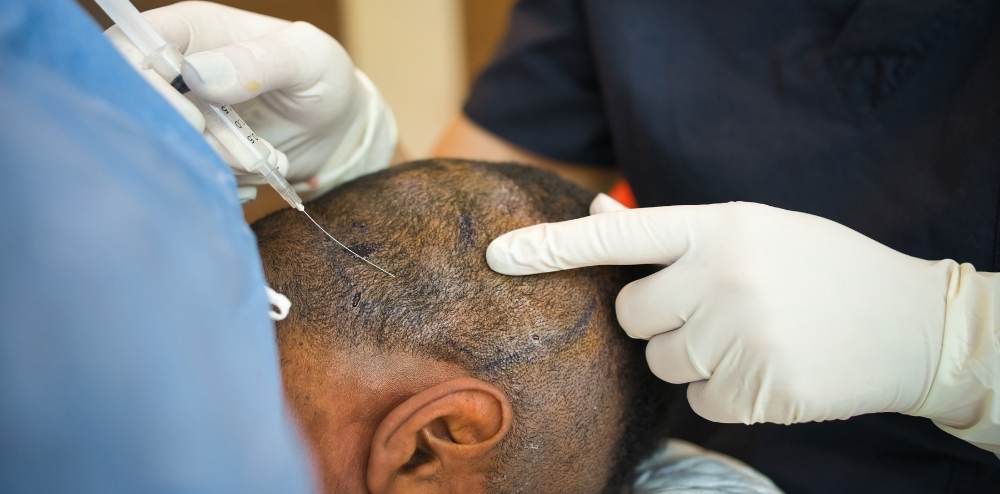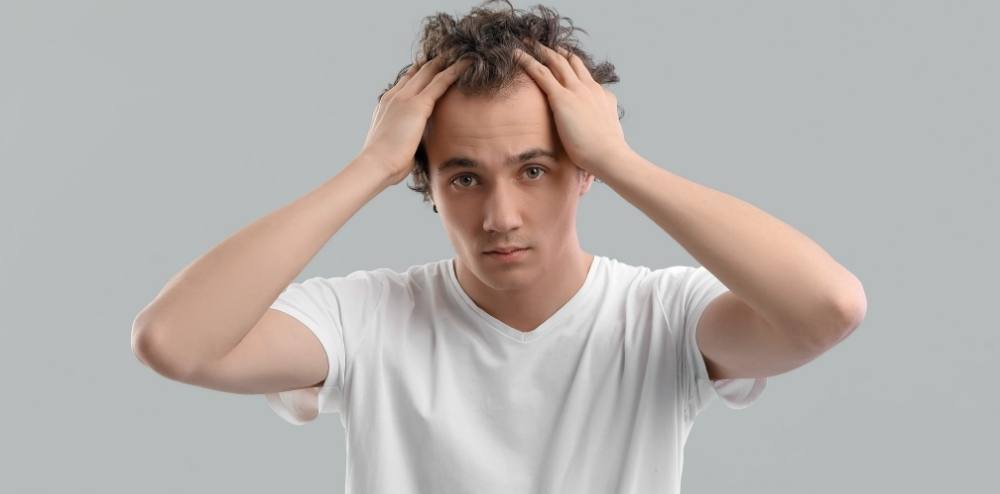Getting a hair transplant is a noble step in the quest to get back your self-esteem, shy of a great head of hair. But it does not stop there. I’m sorry to say this; it continues with the post-surgery phase. It is very important to adhere to some post-operative measures that help to maximize the outcome of the procedure. The main goal at Estevitalya Clinic in Antalya is to ensure that you receive complete aftercare to enhance your hair transplant success rate. Below is a comprehensive guideline of what should be done in order to yield the best results from this surgery.
Immediate Aftercare
1. Follow Medical Instructions
Always consult with your surgeon about the do’s and don’ts after the surgery has been done. It is important to stick to these guidelines. Examples are; adhering to prescribed stages or drugs to help in preventing illness, and the proper application of topical solutions as instructed.
2. Protect the Transplanted Area
Immediately after the transplant is carried out, the area that is transplanted is very sensitive, especially within the first three days after surgery. Do not scratch, touch, or rub the affected part of the skin. It is best also to avoid putting on any hat or anything on the head that may chafe the scalp before the doctor approves it.
First Week
Specifically, it translates into critical healing period, which dictates time needed to recover from a certain organizational change.
3. Sleep Position
The first few nights should ideally be spent sleeping with your head propped up at forty-five degrees to reduce such swelling. This position should be maintained using extra pillows or by using a recliner chair.
4. Gentle Washing
In this case, relating to the washing of linen, it is important to follow your clinic’s specific washing instructions. Usually, the person will be told to take a shower and wash the affected area of the scalp with mild shampoo after a couple of days. Steer from directly splashing water on the transplanted area and rinse your hair with water from a cup.
Ongoing Care: Weeks 2-4
5. Avoid Physical Strain
Avoid lifting very heavy objects, or engaging in any high impact activity for at least two weeks. This minimizes sweating and the consequent removal of grafts from the site of operation fro m the skin of the patient.
6. Sun Protection
Undoubtedly make sure your scalp is not directly exposed to sunlight. Regardless of the color of your skin, if you have to go out, wear a loose- brimmed hat or apply sunblock of at least SPF 30, depending on what your surgeon would prefer after the first couple of weeks of initial recovery.
Long-Term Care: Months 1-6
7. Nutritional Support
Consume foods that are packed in vitamins and minerals as they help to boost hair growth. It is therefore advisable to some of the supplements such as; Biotin, Zinc, Vitamin D among others but this should be done under the doctor’s advice.
8. Avoid Smoking and Alcohol
Tobacco and alcohol will slow down the recovery process and influence hair production. In general, it is recommended to abstain from these products for a few weeks following the surgery.
9. Regular Follow-Ups
They should ensure that they attend all the appointments and follow-ups at Estevitalya Clinic. Such follow-up appointments help your surgeon check on your condition, manage issues or prescribe other necessary treatments.
Patience and Realistic Expectations
10. Understand the Growth Cycle
It is normal for hair to grow back after a transplant in cycles. Loss of hair within the first few weeks after the transplant operation is natural. New growth starts after the third month and quite a lot of development can be seen around six months to one year.
Emotional Support
11. Stay Positive
Support and patience should be provided to the patient and often this is the time it takes to heal. Many support groups or forums are available where the individual can find emotional support and tips from other people who have ever experienced such procedures.
At Estevitalya Clinic, located in Antalya, Eastern Turkey, we also understand our duty to ensure that our patients are well guided through all the stages of their journey with us, from the time of consultation up to the time of after-surgery. Following the given aftercare procedures and consulting with our medical staff, you will experience the maximum favourable outcomes after the hair transplant surgery.



